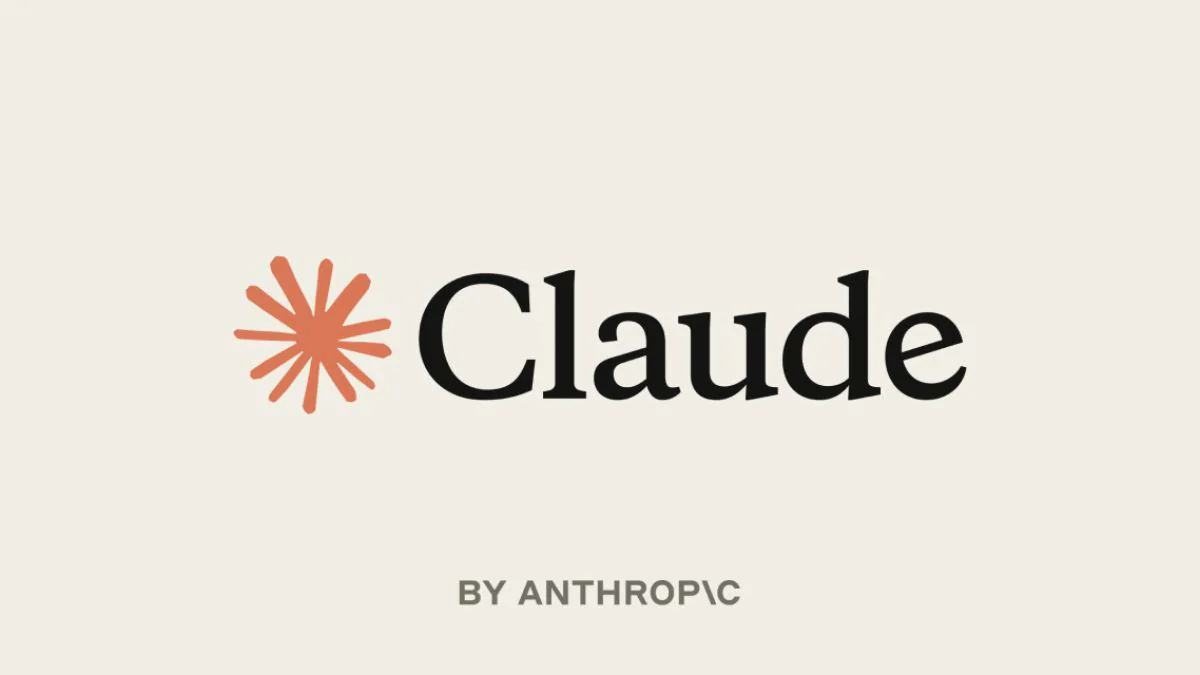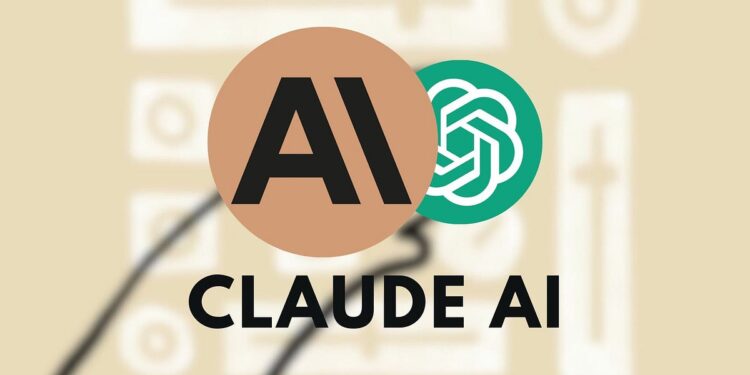In an era dominated by technological advancements, artificial intelligence continues to be a pivotal force, reshaping industries and enhancing our interaction with digital ecosystems. Among the rising stars in this competitive space is Claude, an innovative suite of AI models developed by Anthropic. Despite being relatively new on the scene compared to juggernauts like OpenAI, Claude’s capabilities across a spectrum of tasks—from drafting correspondence to complex problem-solving—are making it an essential tool for businesses and developers alike.

Meet the Claude Family: Tailored Intelligence for Diverse Needs
Claude 3 Haiku is the agile member of the family, designed for speed and efficiency in straightforward tasks. Its quick processing ability is perfect for applications that require prompt responses without the need for deep computational power.
Claude 3.5 Sonnet stands out as the workhorse among the trio. It surpasses even Claude 3 Opus in certain capabilities, especially in processing speed and the understanding of complex instructions, making it ideal for more demanding computational tasks.
Though currently in the shadows of the Sonnet model, Claude 3 Opus represents the high-end capability of the Claude family. With potential upgrades in the pipeline, its performance is only expected to improve.

Advanced Analytical Capabilities and Contextual Understanding
Claude’s models excel in their ability to digest and analyze vast amounts of data—up to 200,000 tokens in a single interaction. To put this into perspective, this token capacity equates to about 150,000 words or the content of a 600-page novel. Such extensive data processing capabilities make Claude ideal for a range of applications, from text analysis to handling complex datasets, graphics, and technical diagrams.
Beyond raw data processing, Claude models are adept at generating structured outputs like JSON, facilitating the organization and transformation of data with precision. These models also excel in executing multistep instructions, which enhances their effectiveness in complex problem-solving scenarios.
Navigating Current Limitations and Future Potential
Despite their robust versatility, the Claude models currently face limitations such as the lack of internet access. This restricts their ability to handle tasks requiring up-to-date information or real-time data fetching. Additionally, while capable of generating basic diagrams, Claude cannot yet produce complex imagery, a feature that some competitors offer.
Anticipation is high that future versions of the Claude models will address these limitations, potentially incorporating internet connectivity and advanced image generation capabilities, which would significantly expand their applicability.

Subscription Plans and Cost-Effective Access
Claude’s accessibility is facilitated through various subscription plans tailored to different user needs, from individuals to large enterprises. These range from Claude Pro at $20 per month, offering increased usage limits and early access to new features, to Claude Enterprise, which caters to large-scale corporate needs with advanced features and customization options.
The pricing structure for using Claude models via Anthropic’s API is equally flexible, ensuring that users can choose a model that fits their budget and task requirements, with options like prompt caching and batch processing available to optimize costs and enhance efficiency.
In conclusion, while Claude might not yet have the household name recognition of some of its rivals, its sophisticated array of capabilities and tailored configurations make it a formidable player in the AI landscape. As businesses and developers continue to seek efficient, versatile tools, Claude is poised to become an increasingly prominent figure in the world of artificial intelligence.










